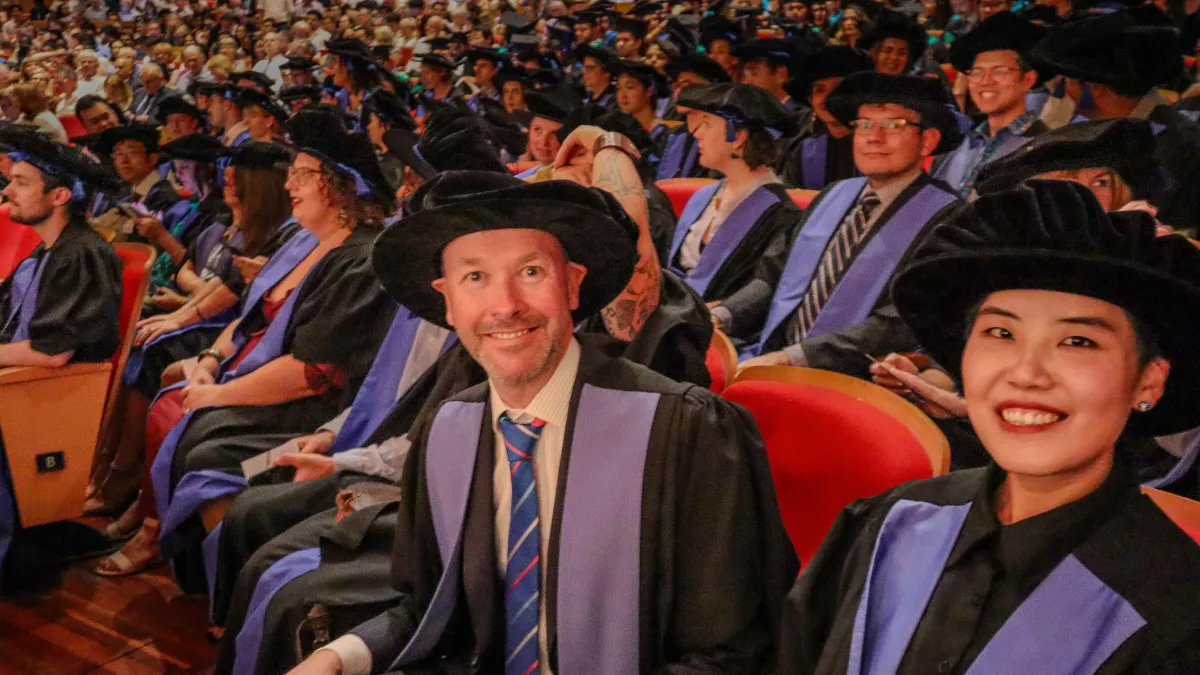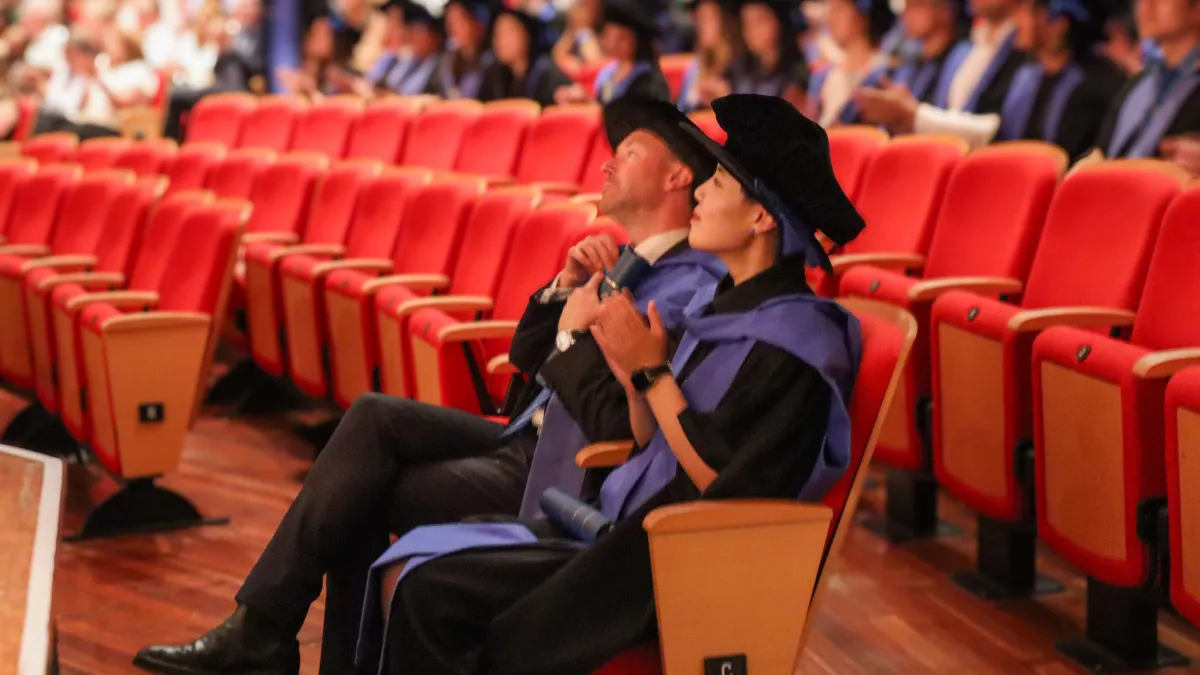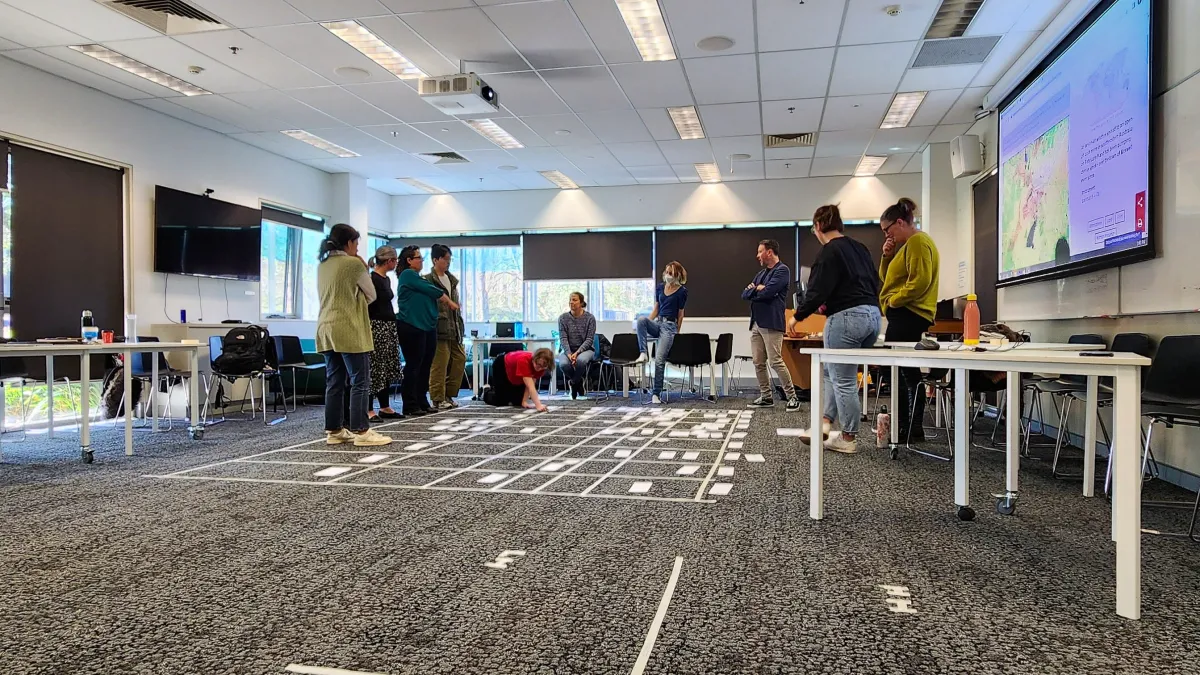
From Communication Director to Science Communication Academic
In the dynamic landscape of communication, professionals often find themselves at the crossroads of politics, policy, and science. For people like recent CPAS graduate, Dr Matt Nurse, this intersection is both challenging and profoundly rewarding. Over the course of two decades, Matt led strategised the battle over ideas, honing his skills as a communication director with the commonwealth and Victorian governments. Yet, it was the call of science communication research that beckoned him to embark on a new journey of discovery and inquiry.
From the corridors of power to the lecture halls of academia, learn about Matt's navigation in the ever-evolving landscape of communication and uncover the invaluable lessons learned along the way.
Working as a communication director in government is a whirlwind experience, filled with challenges and opportunities. For over two decades, I navigated the complexities of political communication, serving in roles within the Commonwealth and Victorian public services. The key skills required for this demanding role include resilience, strategic thinking, and strategic relationship management. Each day presented new communication hurdles to overcome, so honing my abilities to anticipate and navigate issues in real-time became second-nature.
Managing a large communication team, up to 27 employees, further enhanced my leadership and management skills. Perhaps more importantly itprovided invaluable insights into the capabilities and shortcomings of Australia's communication workforce. These experiences laid the groundwork for my transition into science communication research and teaching, where I hope to help students develop the kinds of skills and thinking employers are looking for at the highest levels.
After completing a Master's degree in communication from Deakin University, I found myself increasingly drawn to science communication in my professional work. Issues such as climate change, energy, and biosecurity emergencies demanded a deeper understanding of science communication. To further develop my expertise, I enrolled in a Master's degree in science communication at the Australian National University (ANU). Here, I delved into research and discovered my passion for exploring the unknown.
The transition from my Master's program to a Ph.D. was driven by this continuing curiosity. While my Master's research provided valuable insights, I yearned to delve deeper into the motivations behind why some people share debunked misinformation about science .
The best part of my Ph.D. work was the feeling of uncovering new insights through research. My favorite discovery was uncovering the predictors for sharing misinformation about COVID-19. However the finding that conspiratorial thinking is so clearly linked to this behaviour is a troubling challenge for Australia’s science community.
As I reflect on my journey, I am grateful for the opportunities and experiences ANU has provided. Both personally and professionally, ANU has shaped me into a communicator more focused on deeply understanding audiences in a social scientific way. In the next 3-5 years, I hope to continue to teach and conduct research, bridging the gap between academia and practical knowledge. My goal is to empower the next generation of science communicators to tackle the most complex challenges of our time.
The transition from government communication director to science communication academic has been a rewarding journey filled with growth and discovery. Through education, research, and perseverance, I am excited to contribute to the ever-evolving field of science communication and help to create a better world for ourselves and for future generations.



